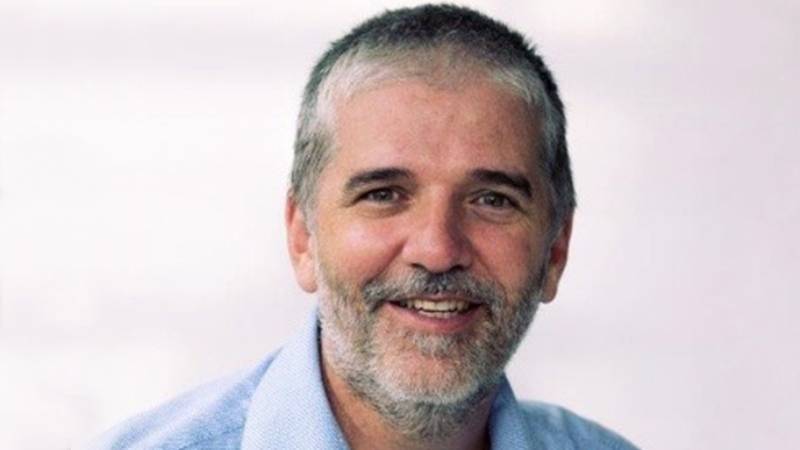Work test changes prompt ‘big focus’ on recontribution strategies
Colonial First State has highlighted some of the estate planning and spouse equalisation strategies emerging from the recent changes to the work test and bring-forward rules.
Speaking in a recent FirstTech podcast, Colonial First State (CFS) senior technical manager Julie Fox said the recent changes around the work test and bring-forward rules have opened a lot of opportunities for advisers.
Earlier this month, the government registered regulations to abolish the work test for contributions that applies for those aged between 67 to 75. Members will still need to satisfy the work test in order to claim a tax deduction for the contribution, however.
The government also recently made legislative changes allowing members up to the age of 75 to trigger the bring-forward rules, subject to the total superannuation balance requirements. Both changes will commence from 1 July 2022.
“There are obviously a lot of opportunities now that we can make contributions up until age 75 and we don’t have to meet a work test and we can use the bring-forward rule for the non-concessional contributions,” explained Ms Fox.
“[For those] between 67 and 75, we can implement recontribution strategies for people without having to meet work test, so that’s going to be a big focus of advice going forward.”
Speaking in the same podcast, CFS head of technical services Craig Day said these changes also provide potential strategies for estate planning.
“[For example], you can take out taxable component and put it back in as non-concessional [contributions] which turns it into tax-free,” said Mr Day.
“There are also spouse equalisation strategies. So you might have someone there that’s exceeded their transfer balance cap, their spouse has got cap space available to them but they can’t get it out of one spouse’s account and into the other because they’re over 67 and not working. That may come into play for them now. So, we can remove it from the higher spouse and put it back into the lower spouse subject to the age 75 limit, and then commence an income stream.
“So spouse equalisation strategies will be quite important there.”
Mr Day said advisers should be looking at their clients and thinking about which ones might want to put additional capital into super.
“I’d also be looking at any clients that would benefit from a recontribution strategy,” he said.

Miranda Brownlee
Miranda Brownlee is the deputy editor of SMSF Adviser, which is the leading source of news, strategy and educational content for professionals working in the SMSF sector.
Since joining the team in 2014, Miranda has been responsible for breaking some of the biggest superannuation stories in Australia, and has reported extensively on technical strategy and legislative updates.
Miranda also has broad business and financial services reporting experience, having written for titles including Investor Daily, ifa and Accountants Daily.








